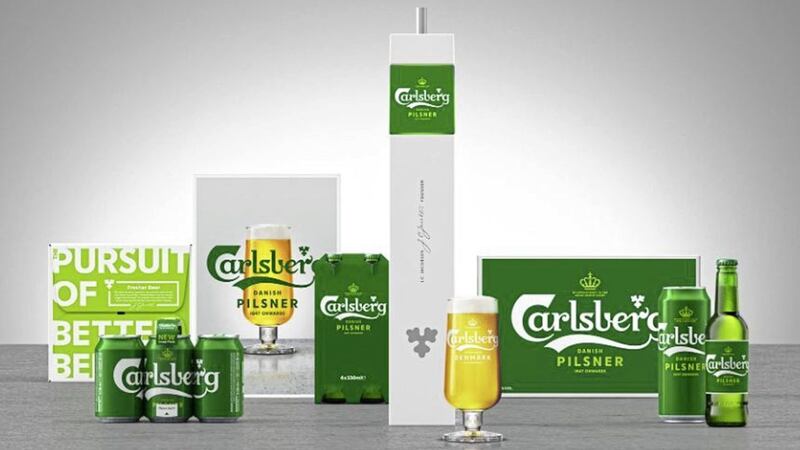SOME years ago I was involved in a piece of research exploring consumer motivations and behaviours across five European countries, namely the UK, Italy, Slovenia, Austria and Sweden.
I was surprised to discover the findings were similar across the board. All interviewees reported consumer loyalty where they felt treated fairly. Trust, without exception, had a significant value.
I came away with the feeling that if consumers were treated with respect and honesty, as in a relationship, that businesses could flourish. At the time, I was also aware that the focus on sales over relationship meant companies often treated consumers poorly. The research was completed in 2010, and while it was clear that transparency and trust had currency then, it has even greater application today.
Carlsberg’s revival of their brand to reposition themselves with their slogan “Probably not the best beer in the world. So we’ve changed it,” has attracted great publicity for being clever. It does suggest an awareness of consumer transparency and trust, but they’ve had to. Years of declining beer sales were evidenced in May last year when the British Beer and Pub Association (BBPA) reported a 1.7 per cent drop in UK beer sales.
Numerous smaller independent craft beer makers have sprung on to the market offering seriously interesting alternative options. Consumers are more aware and privy to other customer feedback. They’ve more power than they’ve ever had, and they know it.
Carlsberg’s disruptive, honest, bold and direct campaign is therefore not so much of a bold move, but one that aligns perfectly for the times we are living in. It is a great illustration of what brands and businesses need to be doing. It is about surviving the next wave of consumer demands.
Instead of fighting customers and trying to persuade them or cajole them, as in the past, it is a recognition that we are we are long beyond such tactics. It signals a new approach that necessitates seeing customers beyond the abstract. The fact that Carlsberg incorporated negative feedback, and presumably, the worst of it, signals a shift towards seeing the consumer and factoring in their perspective.
In an advanced economy and experience economy, customer experience is regarded as the primary form of competition. Experience therefore, becomes a significant driver of competition. This means the customer tends to be more influenced by the overall experience, a core part of which is how they feel they are being treated.
Carlsberg’s new stemmed glass with a stylish font is a visible element of experience. Much more importantly, however, are the less visible elements, which amount to a feeling that customers are being heard and that they aren’t being ignored or lied to. This is not at all to say product won’t continue to be very important, or that the consumer will be happy to accept a half-decent drinkable beer for a good measure of honesty. Neither alone will suffice in the future.
Back then Carlsberg may have had some fighting chance to live up to it’s hype, but make no mistake, these days are long gone. Businesses, take note and cultivate a culture of honesty and trust. Invite feedback and factor it in, and spend a little time figuring out how to strengthen the customer relationship by appreciating the consumer and their experience.
:: Elizabeth Meehan (info@coffeenosugar.co.uk) trained as a service designer in Milan and has a PhD in Sociology from Queen's University. She strives to educate businesses about the changing economy and the challenges this brings.








